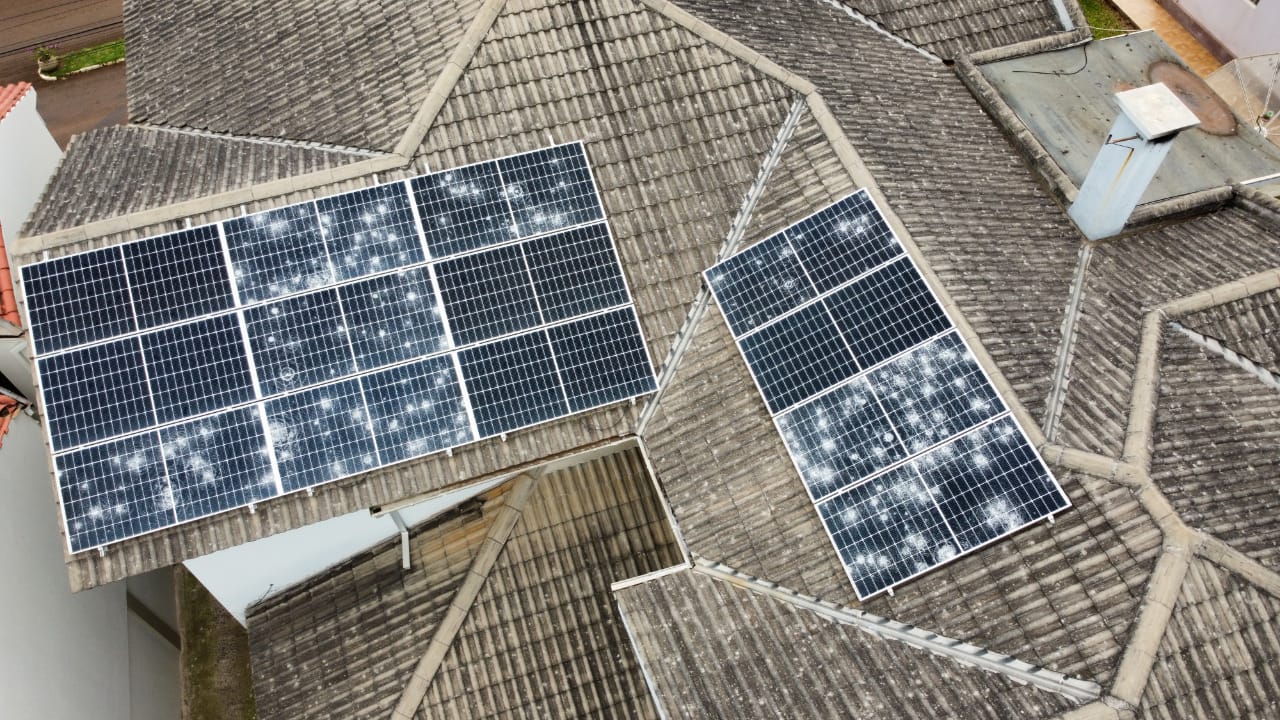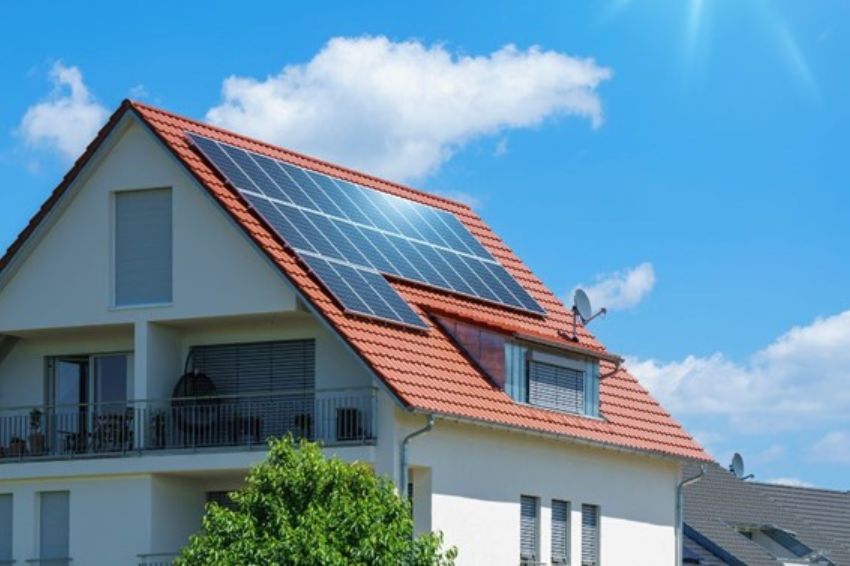The consecutive ones increases in the value of the electricity bill and the possibility for the end consumer to generate their own energy through a renewable source opened margin so that the search for photovoltaic systems has grown substantially in Brazil over the last few years.
Currently, there are already more than 2.25 million properties generating clean energy through technology, connected on roofs, facades and small and medium-sized plots of land, in the so-called G.D. (distributed generation).
With such growth and market maturity, some situations that were previously not even taken into consideration began to be better observed by those who work in the sector.
One of them was the need for integrators to guarantee the protection of equipment sold to its customers through taking out insurance, since the system can be threatened by unpredictability, such as windstorms, fires and even theft and robbery.
In this sense, taking out a policy nowadays has come to be considered by many professionals as an essential investment for those working in this market.
Why might insurance be interesting?
As mentioned above, the great advantage of insurance for solar energy is the guarantee of repair or compensation for problems caused by bad weather. In addition, it covers theft and theft of equipment, damage caused by third parties, design errors and damage to modules.
Mauro Filho, CEO of Electron, an insurance brokerage focused exclusively on solar energy solutions, explains that In the Brazilian market there are two types of insurance.

The first of these is to have one linked to the engineering sector, where the main coverage is installation and assembly of the equipment, including the testing period and possible design errors.
“The first insurance is called engineering risk and will cover the period of installation and assembly of the photovoltaic system. What do we do most in this type of insurance are direct execution error damages,” he said.
“So, for example, a pallet of a module that topples over, an inverter that burns out during commissioning, in addition to natural damage, such as windstorms”, he added.
The second type of insurance that exists on the market, according to the professional, is operations insurance – which guarantees the operation of the solar plant against unexpected events after installation, such as hail, windstorms, fire and lightning strikes.
“What we deal with most are problems caused by windstorms and flooding. We recently had, for example, in Rio Grande do Sul, with successive cyclones, several cases of flooding in photovoltaic systems. The water level rose a lot,verser was underwater and damaged the equipment”, he commented.
This second type of insurance also usually offers protection against robbery and qualified theft, which, according to Mauro Filho, happen more frequently in soil plants located in rural areas.
“The integrator always talks a lot about the importance of payback for the customer. Now, imagine if he installs a perfect photovoltaic system and the following month a cyclone or things that we cannot control happen and cause destruction? This whole bill and this payback speech went down the drain”, points out the CEO of Electron.

Mauro Filho also reveals that this year (at Elétron alone) there have been more than 500 accidents involving photovoltaic installations and that, together, they amount to more than R$ 6.9 million in compensation paid between the months of January and October.
“Our score is proof that every month more and more accidents happen. Thanks to solar insurance, these customers were compensated and did not have to bear the losses from accidents”, he revealed.
Attention to the details
Despite the advantages offered by both insurance policies, Mauro Filho explains that it is It is important that all integrators seek to know the contract details that are closing, so you know exactly which services are being included in your policy.
“This goes for generator insurance, it goes for your car insurance, your home insurance, among others. It is very important to make a conscious contract so as not to generate false expectations in the end client and cause an even worse inconvenience”, he pointed out.
The Elétron executive also highlights that for the integrator to have access to safe of an accident in cases of necessity, it is necessary that the photovoltaic equipment are installed within the safety standards required by manufacturers.
“We recently had a case where an inverter burned out and both the manufacturer's warranty and insurance denied coverage, because the equipment had been installed outside the specifications in the manual. It was not respecting the minimum distance between the inverters,” he said.
According to Mauro Filho, in this case, in particular, there was also an object blocking the inverter's external fans. In total, the final loss to the integrator due to the burning of the equipment, even though he had insurance, was more than R$ 70 thousand.
“Therefore, be warned: there is no point in taking out insurance and activating the warranty if the installation does not follow the manufacturer’s requirements. Insurance exists to cover situations that we cannot predict or prevent. The warranty is used to replace equipment that has manufacturing defects. Correct installation, following the manuals, is within everyone's reach. All it takes is responsibility and care,” said Mauro Filho.
How much does insurance cost?
O Insurance value for a solar energy system may vary depending on the company hired and factors related to the project itself, such as the number of solar panels installed, the region of installation, among other details.
Mauro Filho highlights that, specifically at Elétron, engineering insurance costs from R$ 286.00, while operations insurance can be purchased from R$ 129.00 per year.
The professional explains that the payment method not only at Elétron but also at any other insurance company is done differently for each of the two types of insurance on the market.
At the engineering insurance, as it involves contracting a policy solely for the period of works and installation of the solar system, the The acquisition is made once by the integrator.
Already the operations insurance, as it encompasses coverage throughout the useful life of the equipment after its installation, Payment is made annually.
“Before starting the installation of a photovoltaic system, the ideal scenario to work in the safest way possible is to first take out engineering insurance and, once the installation is complete, take out operation insurance”, concludes the executive.
















